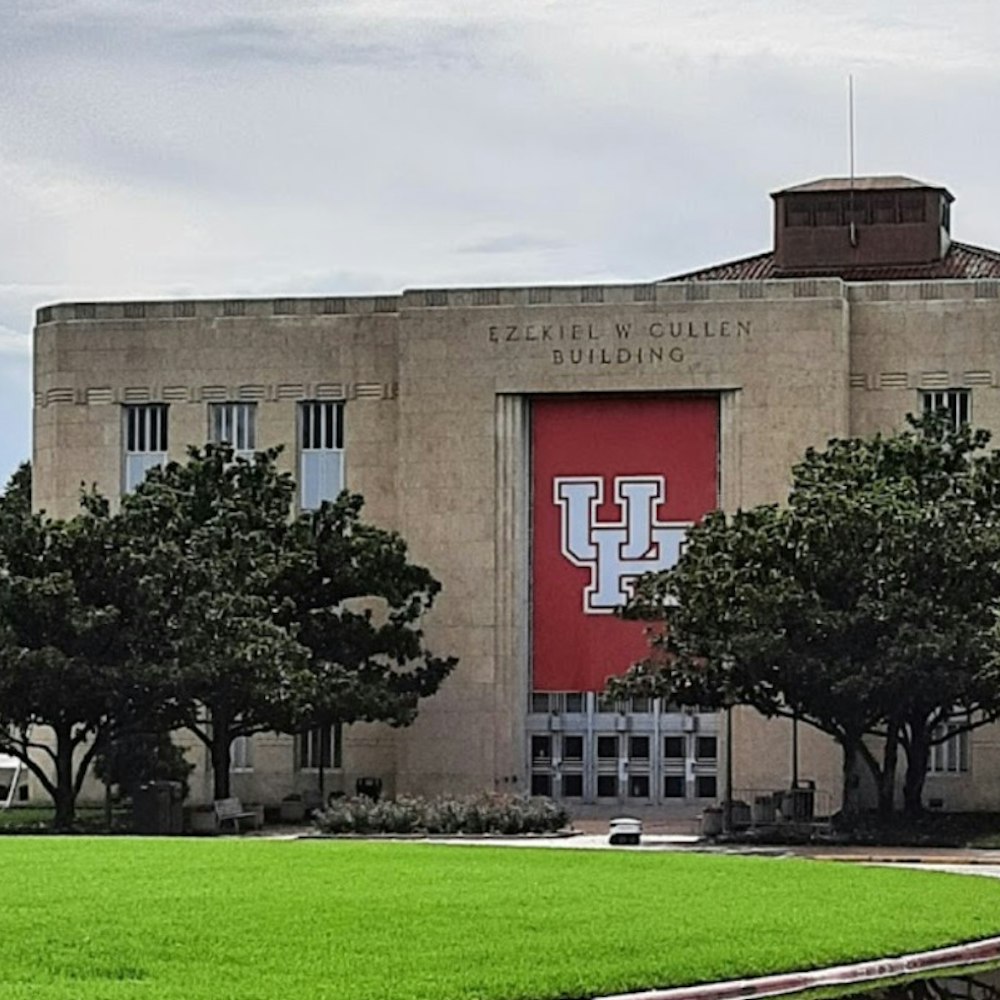
The Pennsylvania Game Commission has announced an extensive spraying operation over 123,000 acres of state game lands to stave off damage from the invasive spongy moth. This initiative, slated to begin with the hatching of spongy moth egg masses in late April and May, aims to preserve the state's wildlife habitats, which are essential for numerous species.
Paul Weiss, the Game Commission's Chief Forester, made it clear that while the spraying may briefly disrupt spring gobbler hunters’ plans, these actions are necessary to ensure the hunting grounds remain robust for future generations. “We recognize some hunters might be temporarily affected by these activities, but disturbances are brief and only temporary, and by protecting these valuable habitats against a destructive, invasive pest," Weiss explained in a statement obtained by the Pennsylvania Game Commission.
To minimize conflicts with turkey hunting seasons, no spraying will take place on the mornings of youth turkey season beginning Saturday, April 27, or on the opening day of spring gobbler season, Saturday, May 4. With the operation projected to cover different regions of Pennsylvania, most affected forest blocks are expected to be treated quickly, even within hours.
The insecticide chosen for this task is Mimic 2LV, containing tebufenozide. Although considered generally safe for humans, the Game Commission advises that it may cause eye or skin irritation upon exposure. Weiss noted that areas targeted for spraying suffered from a late frost last spring, compounding stress on the trees and making it crucial to safeguard them. “This additional stress on the trees makes it especially important to protect them this year,” Weiss told the Pennsylvania Game Commission.
David Gustafson, director of the Game Commission’s Bureau of Wildlife Habitat Management, stressed the necessity of the spraying program due to the importance of oak habitats for wildlife. "Everything from squirrels to bears to turkeys will have populations fluctuate based on acorn crops," Gustafson said. He emphasized that acorn production plays a significant role in the health and survival of diverse wildlife, with consequences stretching across species and seasons. Previous spongy-moth activity has led to a less beneficial shift in the forest composition away from mast-producing oak stands. Gustafson's words to the Pennsylvania Game Commission were direct: "We know that oak forest habitats are tremendously valuable to all wildlife. So the actions we take now help to keep all of that in balance."
This year’s spraying operations are slated in several regions, including Southcentral, Northcentral, Southeast, Southwest, and Northeast Pennsylvania, with no current plans for the Northwest Region. By these efforts, the Game Commission fervently hopes to maintain the ecological balance and uphold Pennsylvania's rich hunting heritage.









